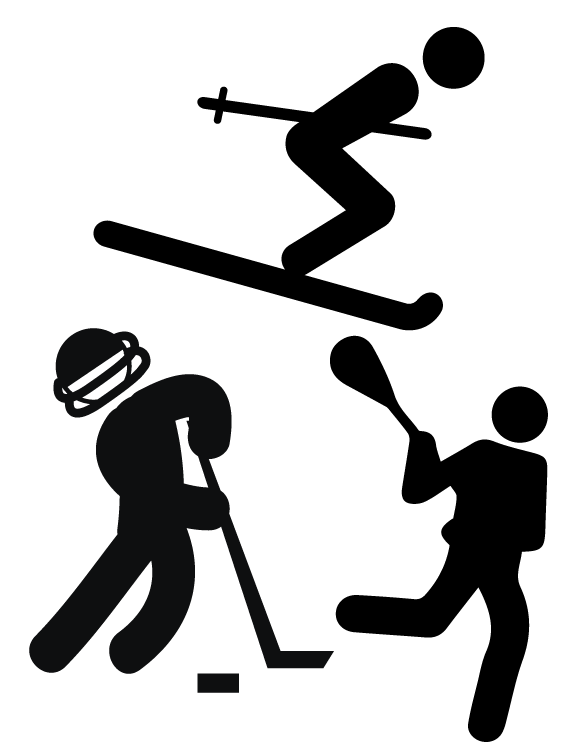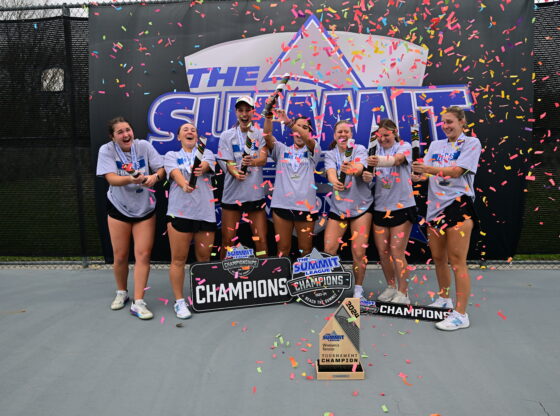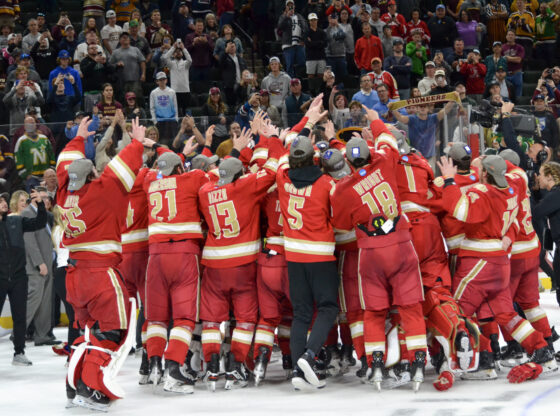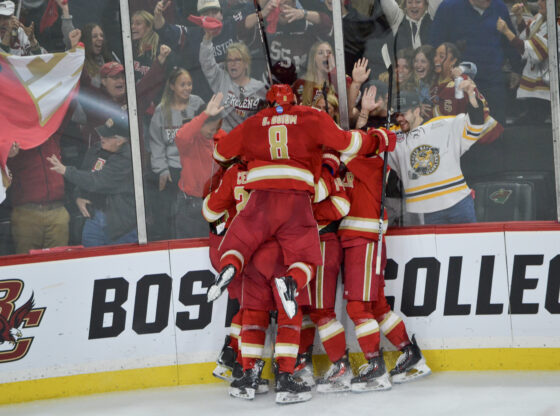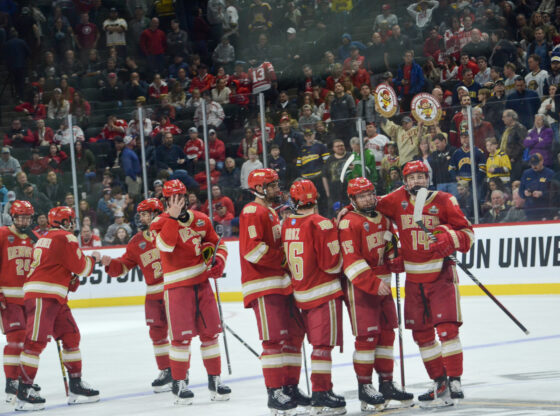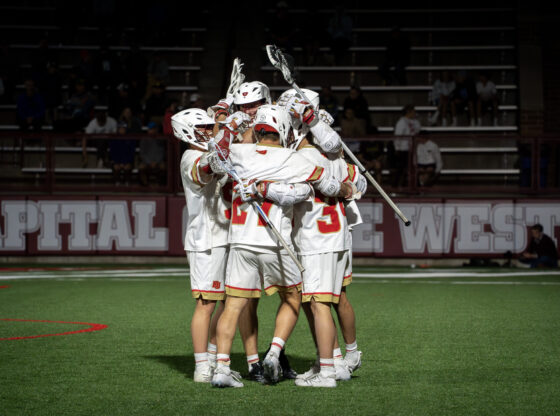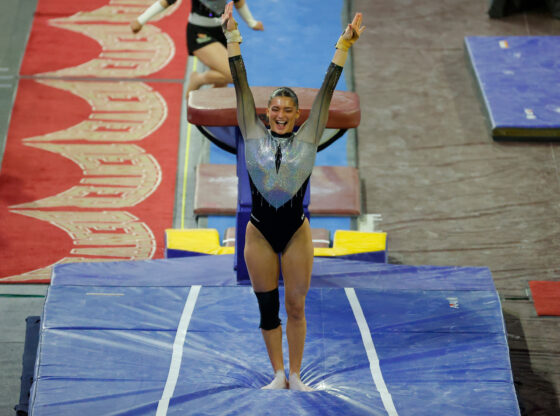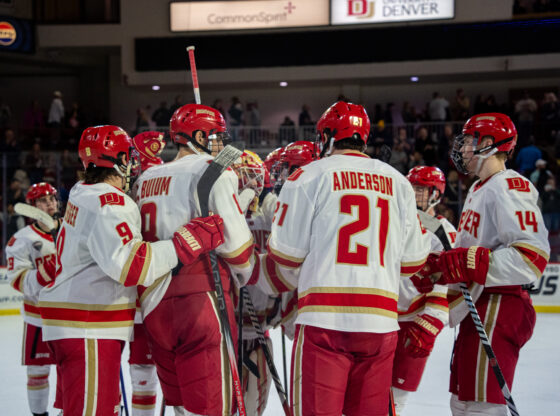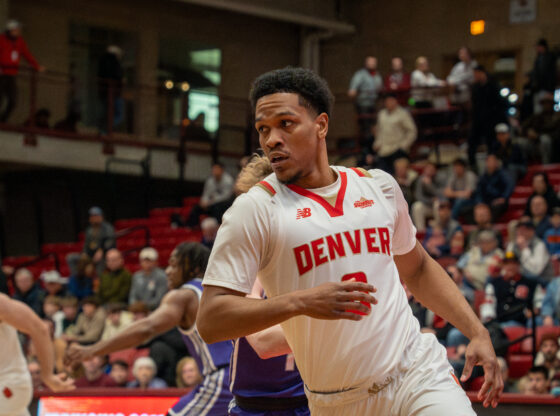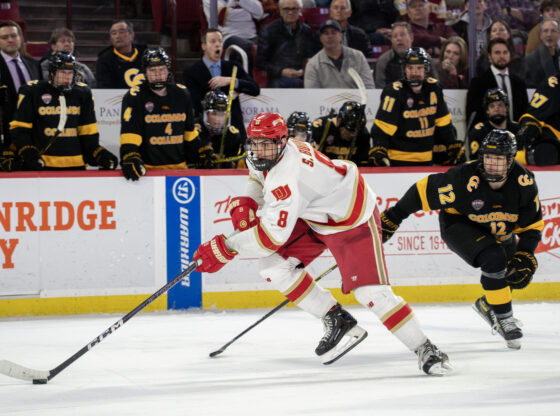I’ll be the first to admit that calling today a “Golden Age” of sports is a stretch. Actually, it’s a downright lie.
Looking at sports today, is like looking at a “who’s who” of screw ups. Pro Bowlers Ray Rice and Greg Hardy join others atop a list of NFL players who have been exposed in spousal abuse scandals.
Former MVP of the NFL Adrian Peterson has been implicated in a child abuse scandal which will likely cost him his season. Atlanta Hawks owner Bruce Levenson will be selling his controlling share of the franchise due to a racist email he sent in August of 2012.
Things aren’t golden, but they also may not be as bad as they seem. The professional athletes committing crimes are a very loud minority. However, the NFL has the highest of the big four professional sports since 2010, according to a study by Vocativ earlier this month.
Part of the reason for the lower crime rates in professional sports is certainly the more competitive compensation. The poverty rate among NFL players is zero.
With that in mind, even when it seems like the entire league consists of little more than thugs and cowards, it is important to remember that, for the most part, professional football players, along with other athletes, are generally good people and tend to be active in their communities.
But, there is a reason that is seems worse than it is. Obviously, big names committing big crimes will always flood media outlets. Players and owners alike, whether they like it or not, are prominent figures in the public arena.
This means that their actions and words can affect people on a global scale. It may not seem fair, but, when fans are buying a player’s jersey to wear or to give to a child, that player has a responsibility as a role model and an upstanding citizen. The Baltimore Ravens offered fans a chance to exchange their Rice jerseys for free, spending in six figures to replace the over 7000 jerseys returned.
Therein lies the silver lining: it may have taken NFL Commissioner Roger Goodell seeing a video of the Rice incident to become outraged, but for fans and the greater public, it didn’t.
The incredibly strong outcry against Rice, Peterson and others shows that the public put up with this unacceptable behavior no longer.
A famous CoverGirl ad, which advertised a new Baltimore Ravens makeup line was altered to show the model with a black eye, headlined a viral movement sparking boycotts of the NFL and calling for the resignation of Roger Goodell, especially among female fans.
A new precedent has been set. If an owner is racist, that owner may lose his or her team. If a player hits his spouse, he will be cut and suspended indefinitely. Harsher penalties will likely lead to fewer incidents, but more can be done. Players are made very aware of the league’s code of conduct policies, but the change has to be made sooner than later.
If the reigning Heisman winner Jameis Winston (who has been implicated in sexual assault, public obscenity and shoplifting scandals in his time at Florida State), has taught the public anything in the past couple weeks, it’s that some of the most talented players destined for professional athletics clearly do not know how to handle themselves properly.
As perhaps the biggest name in college sports, having the potential to excel in both professional football or baseball, Winston provides a perfect example of how talent isn’t enough to succeed.
As athletes begin to climb in the public eye, they need to have a better understanding of what the public expects of them.
This has to start at the university level, when athletes are just coming into their fame. At DU we have student athletes who will eventually grace the professional arena and, as students, we have a responsibility to make sure that they act to our standards.
This is, and must be, true around the nation. With a greater understanding of how powerful and damaging a single action can be, athlete conduct will improve.
Given the already-small percentage of crimes committed in professional sports, there is an opportunity for these leagues to become exemplary examples of strong character.
No, things aren’t golden, but they could be soon. Culpability ultimately lies with the person who commits the crime. But the public and the higher-ups in sports need to hold these people responsible and be able to create better policy in dealing with these scandals.
Seeing domestic violence, child abuse, racism and other problems in sports takes away from what we love to see on the field, and overshadows the incredible amount of good professional sports teams do in their respective communities.
I didn’t like what I saw from Rice, Peterson or the myriad of other screw- ups lately, but the light that has now been shined on the problems and the change in league policy shows that change is on the horizon. If that means never seeing a once-great star on the field again, so be it.

